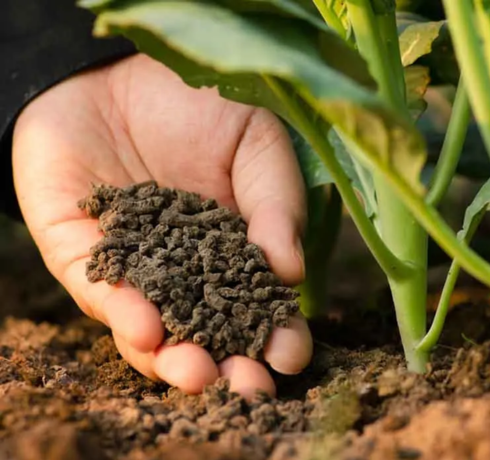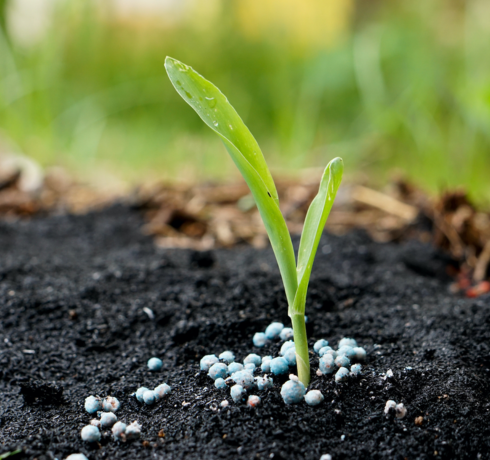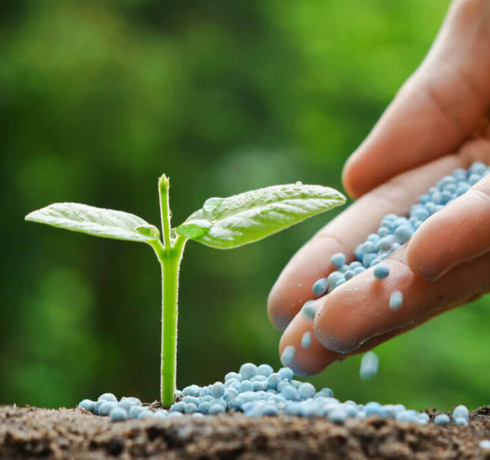Fertilizers are essential agricultural inputs that help replenish soil nutrients, promoting healthy plant growth and improving crop yields. They are categorized into organic and inorganic types. Organic fertilizers, such as compost, manure, and green manure, are derived from natural sources and help enhance soil structure, water retention, and microbial activity. Inorganic fertilizers, on the other hand, are synthetically manufactured and provide plants with essential nutrients like nitrogen, phosphorus, and potassium in concentrated forms. These fertilizers are crucial for supporting high-efficiency farming systems, especially in areas where the soil is nutrient-depleted.
The use of fertilizers must be managed carefully to avoid overuse, which can lead to soil degradation, water pollution, and harmful effects on the environment. Precision farming techniques, including soil testing and nutrient management plans, are being employed to apply fertilizers in optimal amounts, ensuring that crops receive the right nutrients at the right time. The growing demand for fertilizers is driving innovations in the industry, including slow-release fertilizers, micronutrient formulations, and environmentally friendly alternatives. By balancing nutrient requirements with sustainable practices, fertilizers continue to be an indispensable tool for increasing global food production while minimizing environmental impact



